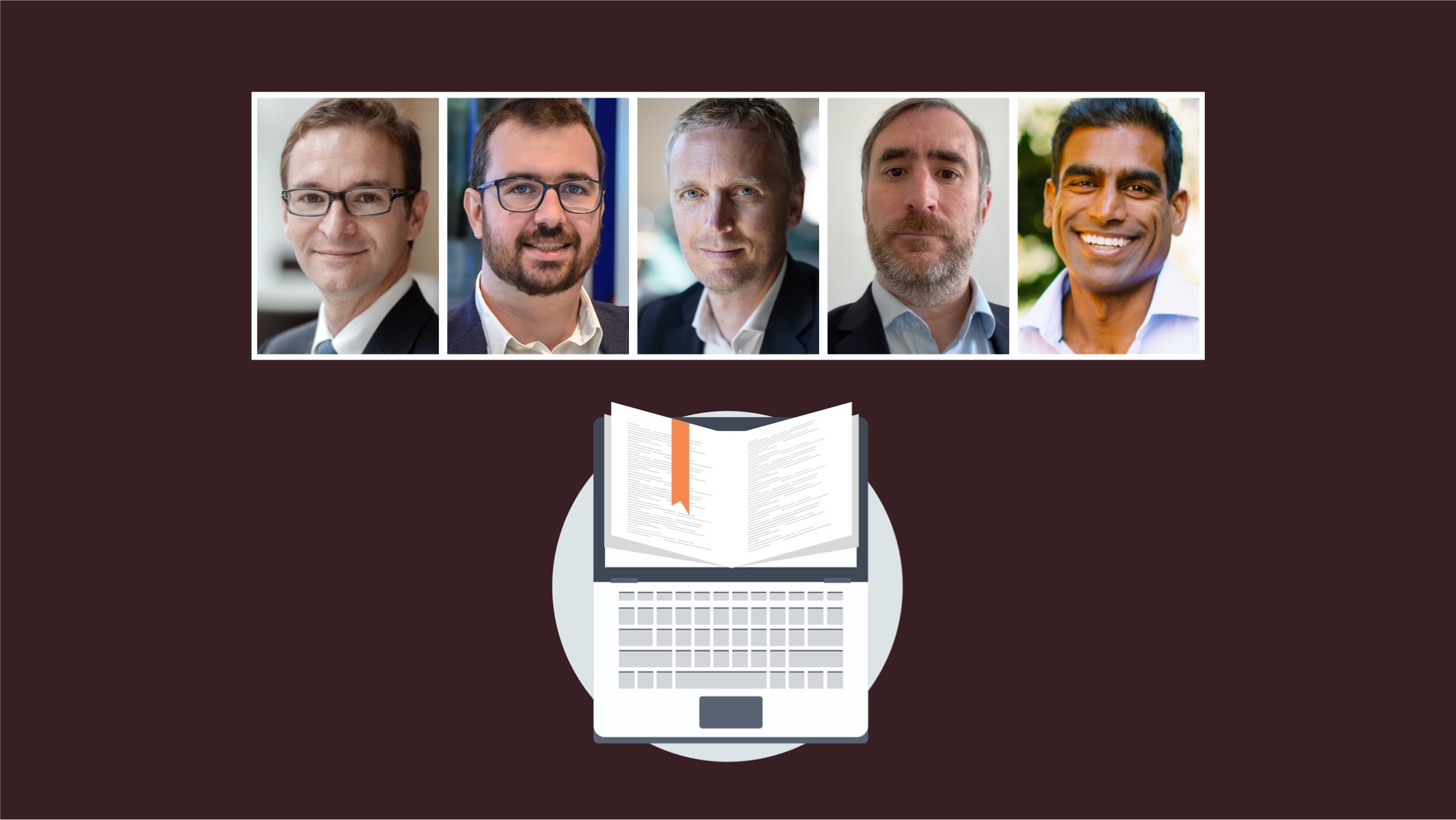Wholesale central bank digital currencies (wCBDCs) can play a valuable role in the establishment of a global settlement window, writes a recent joint report released by the World Economic Forum (WEF) and Accenture. This is just one of the “four areas of differentiated value” highlighted by the paper, which aims to share practical insights for policymakers and the private sector to “realise the full potential of wCBDCs”.
The report’s findings suggest that “wCBDC systems are well-positioned to modernise cross-border transactions, especially those involving multiple parties and assets like FX or securities”. This is why it has value in establishing a global settlement window, where it can help overcome the differences in operation times among key trading corridors, thus “harmonising FX and securities markets settlement times”.
The modern way
The other three areas of differentiated value identified by the report are: expanding payment-versus-payment (PvP) arrangements, mutualising data across parties, and tokenising credit risk-free settlement media.
The report describes wCBDCs as a modern form of central bank money (CeBM) that “could unlock new economic models and integration points that are not possible today”. Additionally, it will “preserve the role of CeBM as a credit risk-free payment instrument by providing a foundational layer for digital payments in the next generation of financial markets”.
Not all good
Despite being the shiny new thing that opens up various possibilities, wCBDCs will have to coexist with legacy infrastructure to achieve its full potential. An example is the real-time gross settlement (RTGS) systems that are today’s primary liquidity storage mechanisms.
There also remain areas where the value of wCBDCs may be limited, cautions the report. More evidence is needed before its effectiveness in addressing liquidity management, CeBM accessibility, compliance by design, and system interoperability can be determined.
To conclude, the paper suggests that policymakers, financial market infrastructures (FMIs), and private sector leaders tailor the insights shared to their jurisdictional and institutional contexts.












